We may earn money or products from the companies mentioned in this post. This means if you click on the link and purchase the item, I will receive a small commission at no extra cost to you … you’re just helping re-supply our family’s travel fund.
Every seasoned traveler knows that laws shift with borders, but some countries enforce lesser-known rules with surprising intensity. A harmless act at home: chewing gum, taking selfies, or stepping off a path, could cost you hundreds abroad. These aren’t laws meant to trap visitors, but reflections of cultural values, environmental priorities, and historical scars. Travelers willing to dig beneath the surface will find stories worth more than the fines.
1. Chewing Gum and Clean Streets (Singapore)
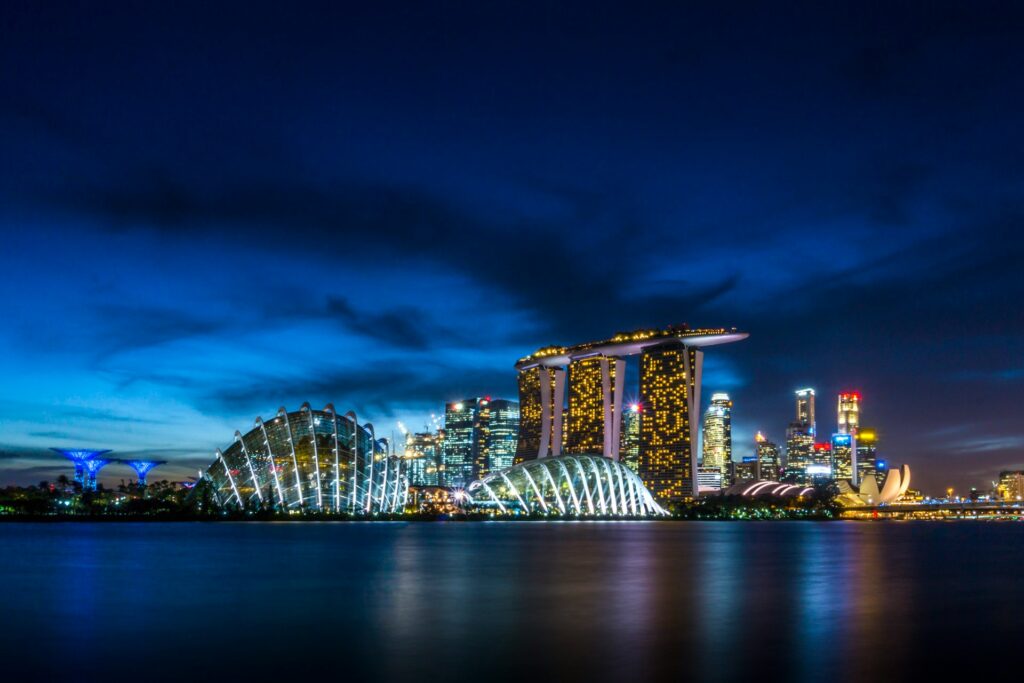
Singapore’s sparkling sidewalks aren’t a coincidence. Since 1992, the city-state has banned the import and sale of most chewing gum, with therapeutic exceptions introduced in 2004; chewing itself isn’t illegal, but littering or spitting gum can bring fines. Littering, jaywalking, or eating and drinking on public transport can also cost hundreds under various regulations. The strict cleanliness culture is a policy and identity, and visitors are expected to respect it.
2. Silent Phones and Trash Etiquette (Japan)

In Japan, silence on trains is expected, and phone calls draw disapproval more than tickets. Waste rules are strict and local; hotels often handle sorting, but in public spaces, follow signs or risk municipal penalties where enforced. It’s less about punishment than shared responsibility and social cues, so checking local guidance goes a long way.
3. Noise Curfews and Sunday Laws (Switzerland)

Swiss precision extends to peace and quiet. Many cantons and communes set quiet hours and Sunday restrictions, so mowing, drilling, or loud laundry can prompt neighbor complaints and possible fines under local ordinances. For short stays, house rules and posted notices are the best guide, reflecting a culture that values order down to the decibel.
4. Disrespecting Royal Symbols (Thailand)
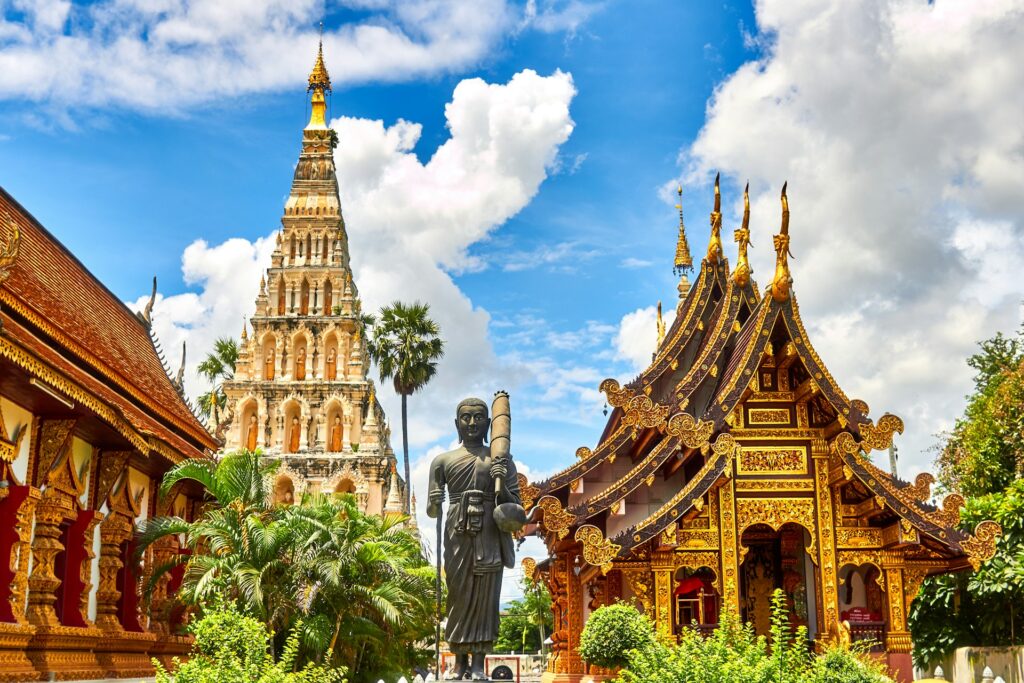
Reverence for the monarchy is woven into daily life. Lèse-majesté laws criminalize defamation of the King and royal family, and disrespect toward royal symbols is taken seriously, so avoid irreverent behavior with currency or images. Standing for the anthem is widely observed; the safest course is to follow local practice and err on respect.
5. Fountains and Fashion Fines (Italy)

Rome and other cities feel like open-air museums, but rules are clear: don’t wade in fountains or picnic on monuments. In Venice, fines commonly range from €100–€200 for sitting and eating on steps, about €350 for swimming in canals, and penalties also apply for littering and roaming in swimwear. These defenses help cities strained by overtourism preserve heritage and daily life.
6. Feet on Seats and Train Etiquette (Australia)
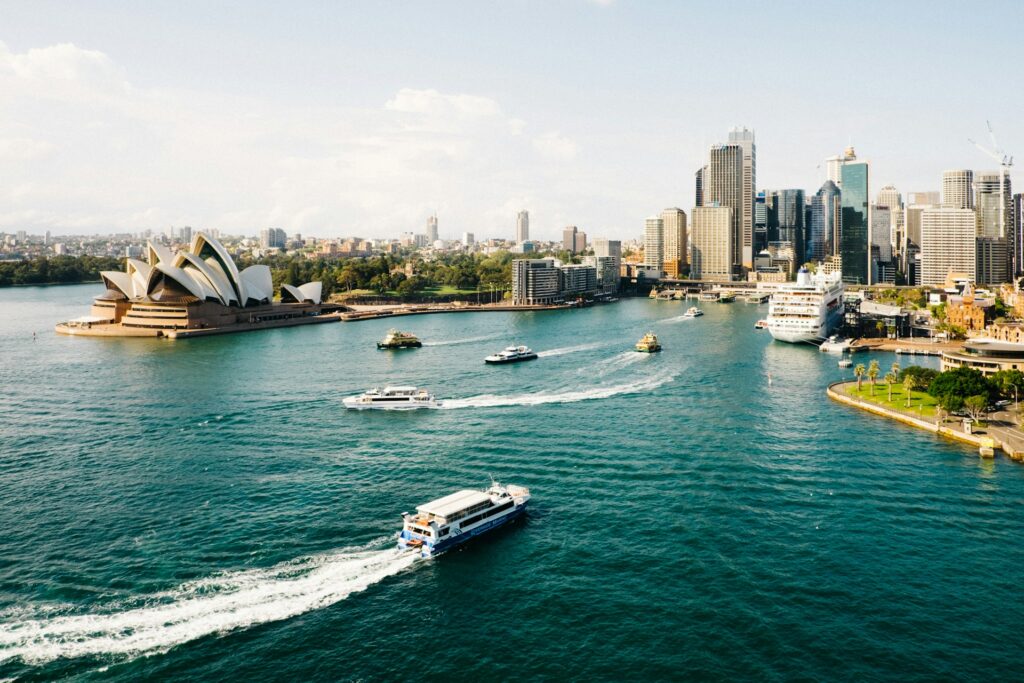
In parts of Australia, placing feet on train seats can lead to on-the-spot penalties. In New South Wales, “feet on seats” carries a $100 penalty notice, with higher maximums if prosecuted, and officers routinely patrol public transport. What feels casual can be viewed as disrespect for shared spaces, so keep shoes off seats and bags off neighboring spots.
7. Social Media and Public Decency (United Arab Emirates)

In the UAE, social media defamation and privacy violations can bring serious penalties; posting negative accusations or filming someone without consent may trigger fines under cybercrime laws, often in the AED 150,000–500,000 range for severe cases. Public decency rules also cover displays of affection and profanity, so read local guidance beyond the guidebook.
8. Autobahn Rules and Quiet Hours(Germany)
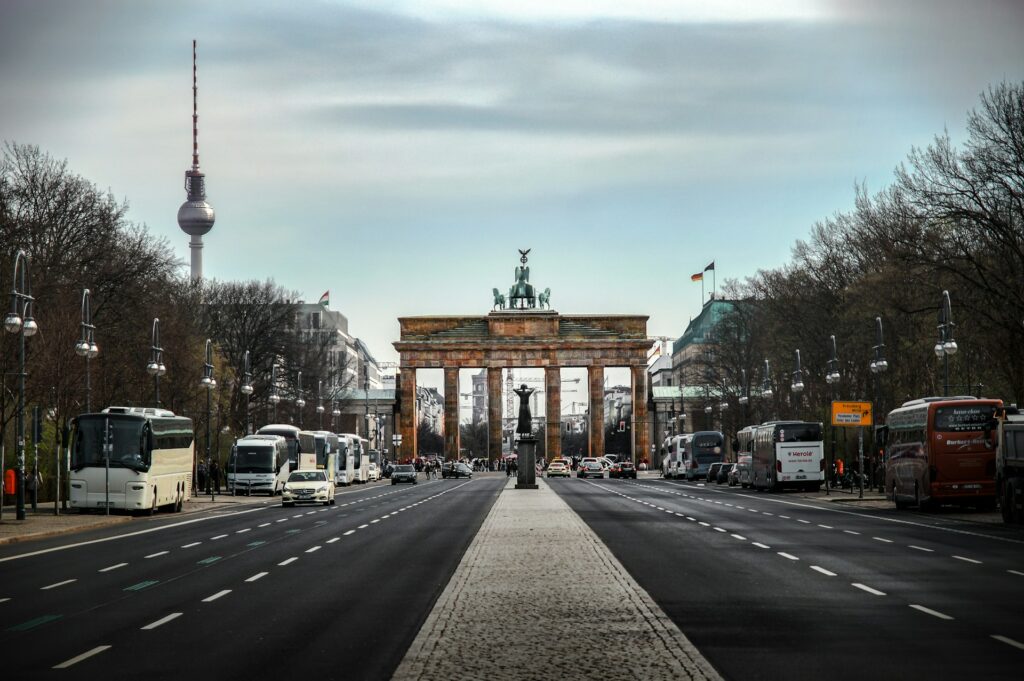
Germany’s Autobahn freedom comes with strict discipline: running out of fuel is treated as preventable stopping and can bring a fine, often in the €35–€70 range, higher if danger is caused. In cities, quiet hours after 22:00 are common under local rules, and a loud gathering may draw a complaint or fine.
9. High Heels at Historic Sites(Greece)

Wearing high heels at archaeological sites is prohibited to protect ancient surfaces, and fines can apply for damage or noncompliance. Removing stones or souvenirs is also forbidden. These rules reflect pride in heritage and a commitment to preserving it for future visitors.
10. Feeding Wildlife and Littering(Canada)
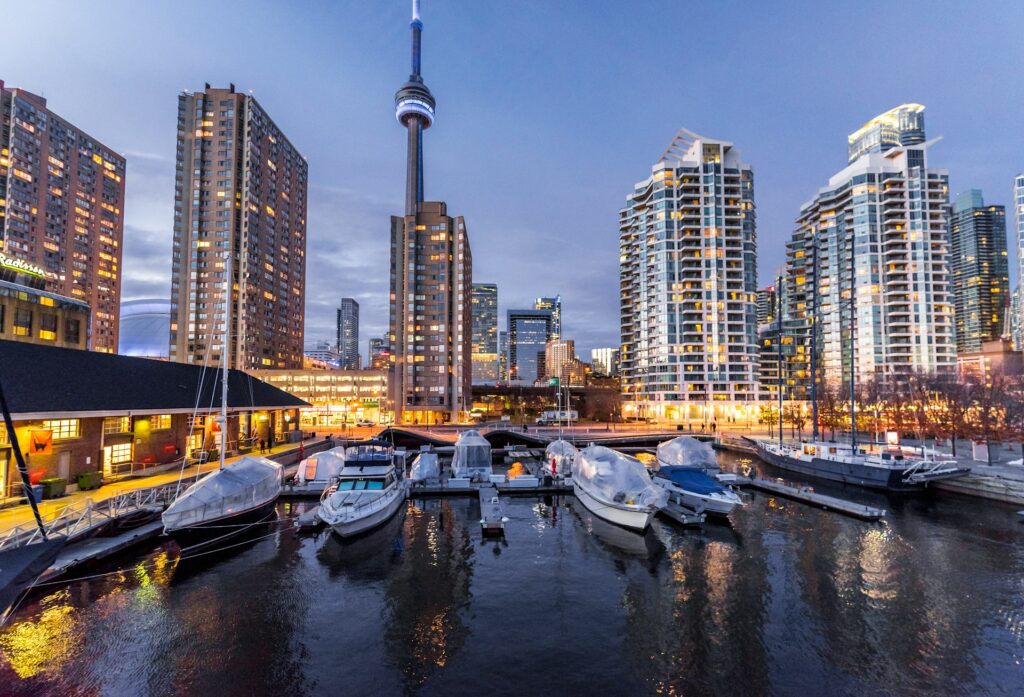
Canada’s national parks enforce hefty penalties for feeding wildlife or littering, with fines set under park regulations and local bylaws. Even well-meaning interactions harm animals and ecosystems, so follow posted signs, store food properly, and pack out waste.
11. Temple Dress Codes and Sacred Spaces(Indonesia ,especially Bali)

Bali’s temples welcome visitors who dress and behave modestly. Disrespectful conduct: climbing sacred statues, posing inappropriately, or ignoring dress codes, can result in fines or, in serious cases, deportation under local regulations. Cultural literacy and humility keep sacred spaces open to all.
12. Improper Beachwear and Drone Use(France)
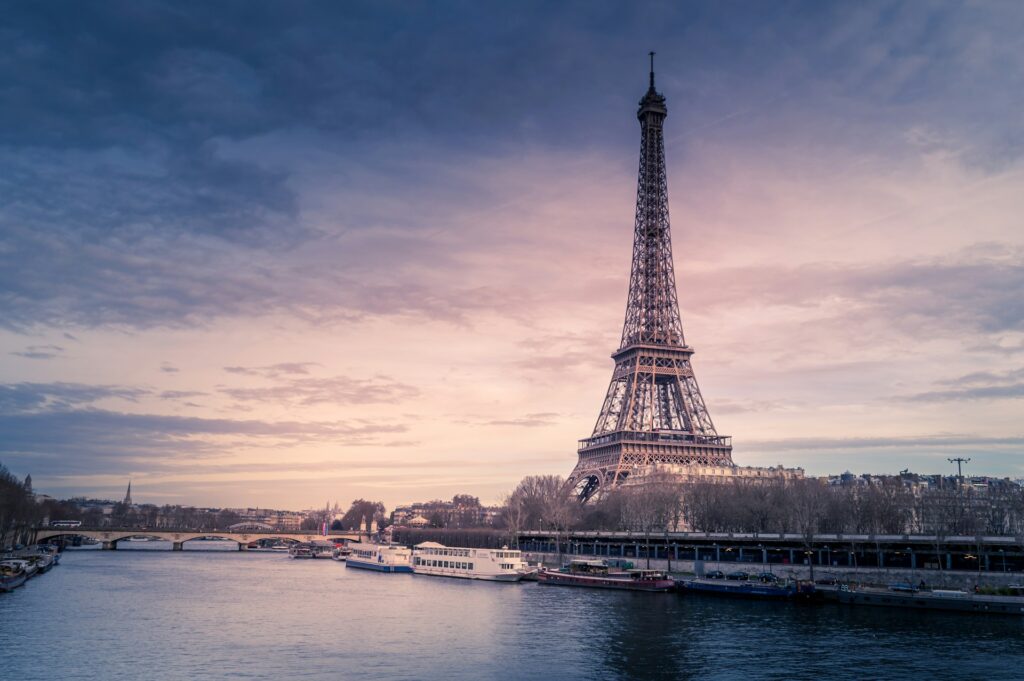
Beachwear rules vary by locality, and burkini policies have been contested or suspended by courts, so check municipal guidance at the destination. Drone flying requires authorization and adherence to airspace rules; unauthorized flights near landmarks can lead to significant fines.
13. Smoking Bans and Eco Zones(Philippines)

The Philippines enforces nationwide restrictions on smoking in public places, with fines or even jail for repeated violations under local rules. Boracay’s post-rehabilitation regulations limit plastics, alcohol in certain zones, and noise, with fines for noncompliance to protect the island’s recovery.
Other Blog Posts You Might Enjoy
www.idyllicpursuit.com (Article Sourced Website)
#Countries #Tourists #Risk #Heavy #Fines #Minor #Offenses #Idyllic #Pursuit
